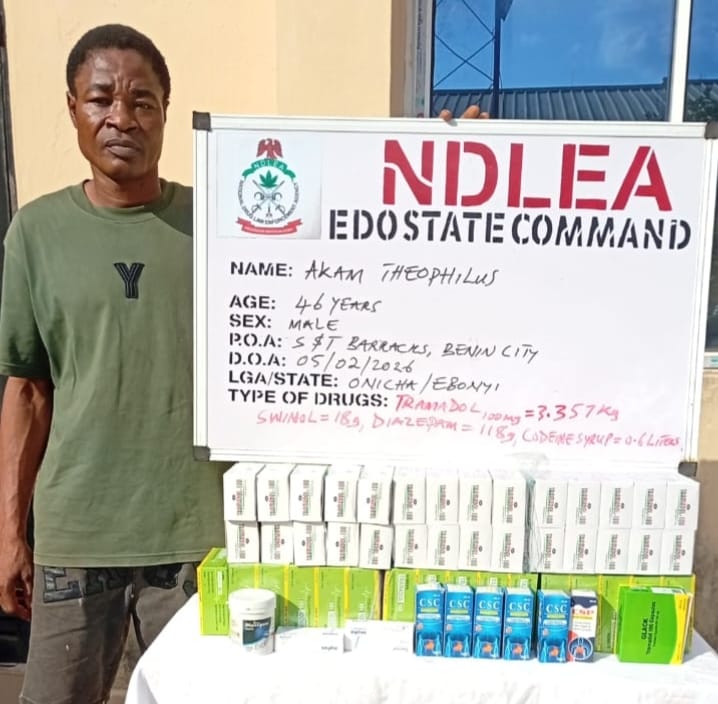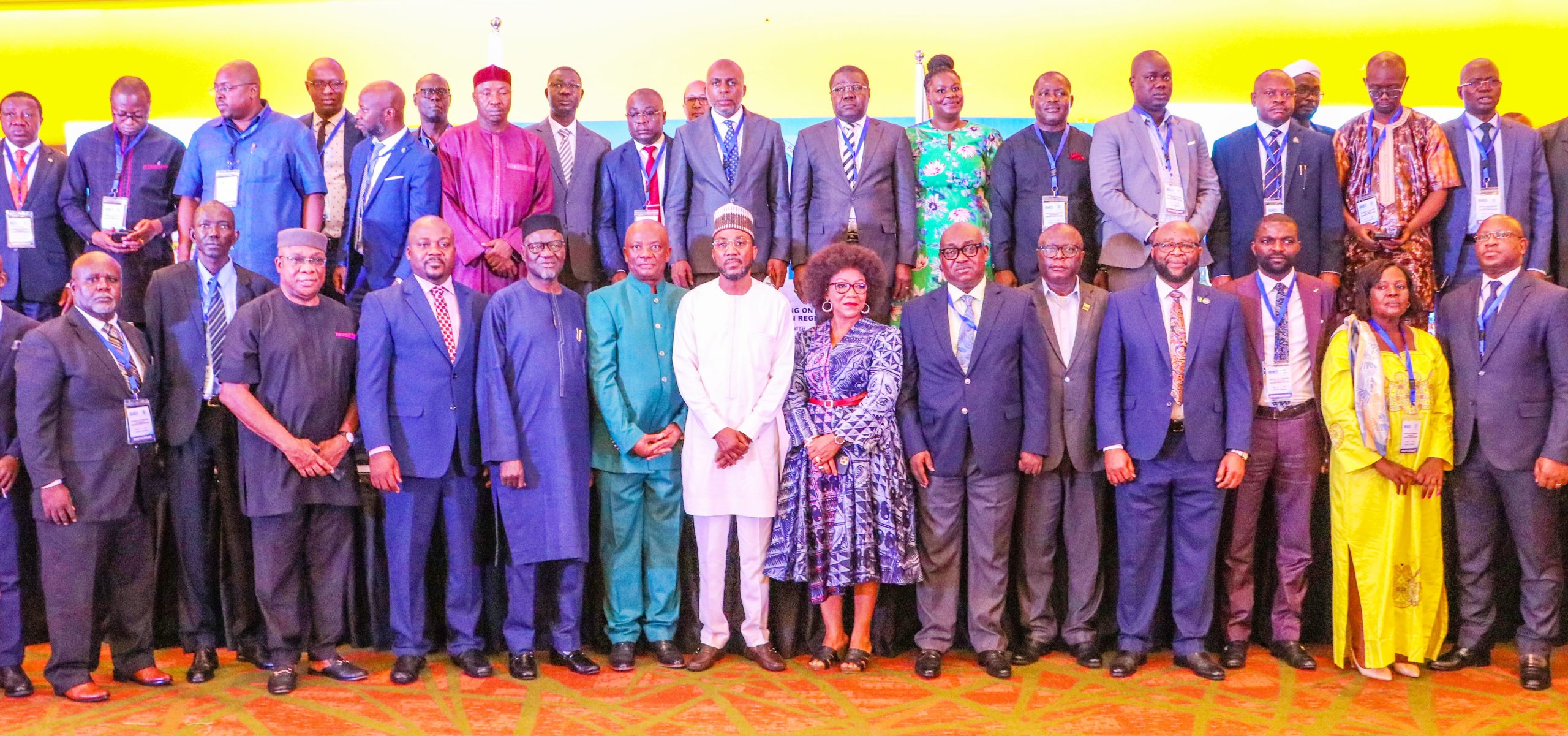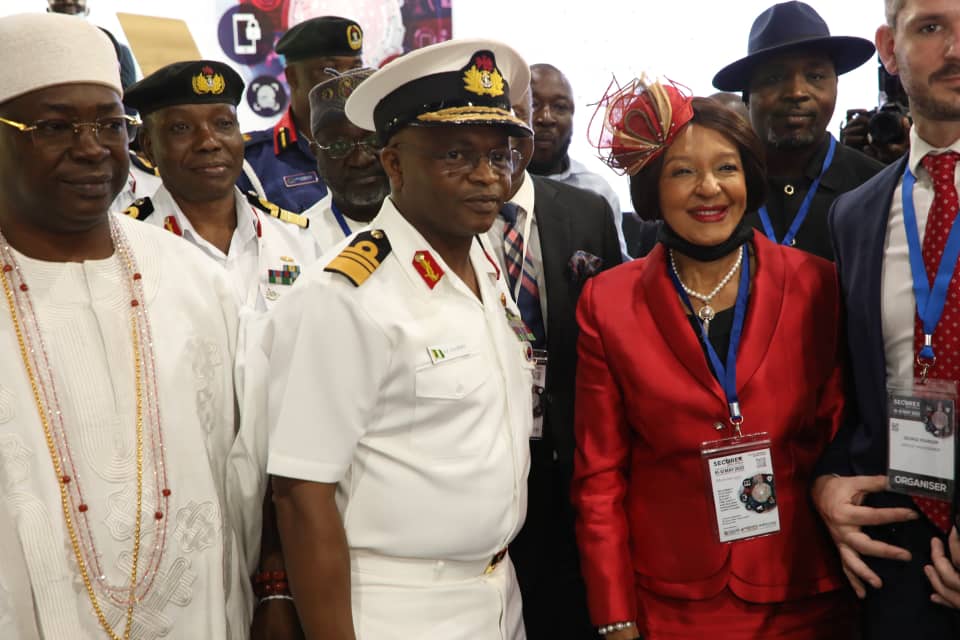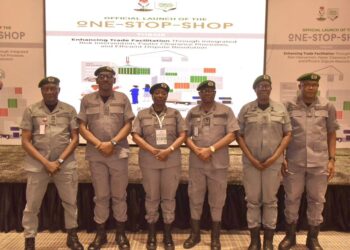The International Maritime Administration (IMO) has tasked African member states on the implementation of agreed Corrective Action Plans (CAP) following audits of the Maritime Administrations (MARADs).
Mr. William Azuh, Head, African Section, Subdivision for Maritime Development Technical Cooperation Division, gave the charge on Monday at the opening of a three-day workshop organised by the IMO/Abuja MoU, for Heads of Maritime Administrations in West and Central Africa.
Speaking, Azuh highlighted the direct implication of port state control on the quality of shipping, shipping services and national economies, thereby making it highly important “for the leadership of MARADs in the region to speed up their responsibilities under the Port State Control regime from the perspective of IMO.”
He, however, decried the fact that in spite of the audits carried out on nearly 100 per cent of the African member states, not a single state had implemented the CAP, by implication, making the International Maritime Organisation Member States Audit, generally known as IMSAS, not worth the effort.
“Nearly 100% of the maritime administrations of the maritime administrations in the region have been audited and that is fantastic result. However, actions on the Corrective Action Plans (CAP) have been dismal, to say the least.
“If there is no feedback from the audit, you would then wonder why your administrations were audited in the first place. IMO has been literally ‘begging’ the audited maritime administrations to report back to it on the Corrective Actions implemented or lack thereof, which were part of the audit recommendations. IMO is willing and able to assist the countries to implement those Corrective actions, but the initiation would have to come from you, ” Azuh said.
He noted that the situation was in spite of the IMO providing the audited Member States with an audited final report that reflect the Agreed Corrective Action Plan, which should be effectively implemented after three to four years following the audit.
“As a fact, and after the period of the follow- up audit, not one of the audited African Member States had completed, terminated effectively implemented agreed CAP. So far, IMO had finalised 10 Audit Follow-up reports , which reflect the CAP situation,” he noted.
The implication of that situation, Azuh said, would mean that for the second cycle audit, auditors would have to begin with the challenges of non- addressed findings from the first cycle.
According to the IMO Rep, the 20 African Member States audited since the commencement of the audit in its mandatory phase in January 2016, include ” Cape Verde, Congo, The Democratic Republic of Congo, Cote d’Ivoire, Djibouti, Equatorial Guinea, Gabon, Ghana, and Guinea.”
The other countries are Kenya, Madagascar, Mauritania, Nigeria, Sao Tome and Principe, Senegal, Sierra Leone, Tanzania, ( United Republic), The Gambia, The Sudan, and Togo.”
Looking at a solution to the challenge, Azuh disclosed plans with Member State Audit Department to have a dedicated high-level forum to specifically discuss the IMSAS and provide practical guidance, boost response, and find desired solutions.
He also spoke on the need for training auditors in the region, as there hadn’t been any since the beginning of the mandatory audit.
According to Azuh, a unique training that held in Togo in 2015, had only 25 participants from nine African Member States, and only three among the 23 trained were nominated by their respective Administrations.
Earlier in his welcome address, the Secretary General of Abuja MoU, Capt. Sunday Umoren, emphasised the importance of “the buy-in” of Presidents, Hon. Ministers, DGs/CFOs of Maritime Administrations, the Judiciary, supporting Ministries, Directorates, Agencies, Port State Officers, and ultimately the Policy Makers, who will in turn hold the officers on the scene (PSCOs) accountable, thereby improving the efficacy the regime.”
He disclosed that only 14 countries are presently conducting inspections in the region, and called for a Campaign for effective inspection regime with focus on Standards of Training, Certification and Watchkeeping (STCW).
The Abuja MoU is one of the 9 Regional MoUs and 1 national MoU established pursuant to IMO Resolution A.682 (17) of 1991. The Organization operates under a Cooperative Agreement with the IMO and was established on 22nd October 1999 as an inter-governmental body comprising maritime administrations of countries abutting the Atlantic coast of Africa.
In his goodwill message, the Director General of the Nigerian Maritime Administration and Safety Agency (NIMASA), Dr. Bashir Jamoh, highlighted the importance of developing a system of harmonised port state control inspection procedures for West and Central Africa.
Represented by the Agency’s Executive Director, Operations, Mr. Shehu Ahmed, Jamor stated that it is only such harmonised port control system that would prompt growth and industry expectations.


































































